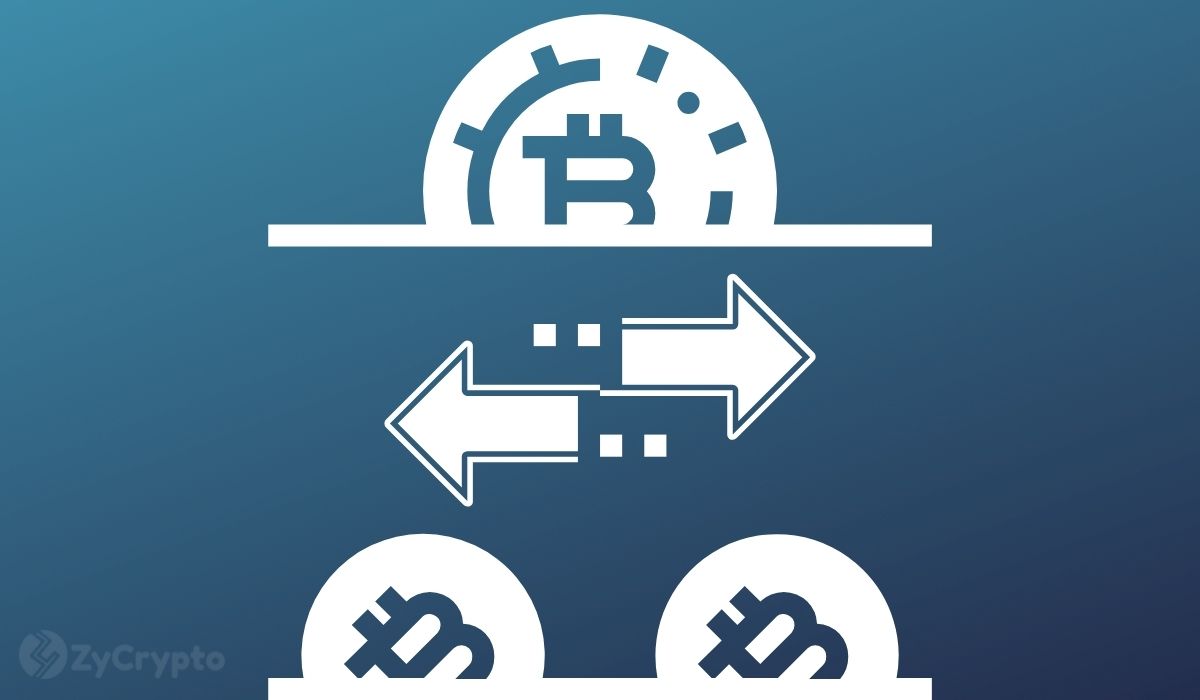- Russia terminates plans to launch a state-owned digital asset exchange with plans to back private investors.
- According to authorities, the rules will be a model for the entire industry to facilitate cross-border payments amongst others.
- Experts weigh in on the Kremlin’s stance on digital assets amid financial restrictions by the EU and other international organizations.
Russia has long been criticized for its mixed signals towards digital assets. However, this could change soon as the news of backing private exchanges marks a new dawn for the country’s relationship with cryptocurrencies.
Russian lawmakers plan to cease the formation of government-owned cryptocurrency exchanges with talks of introducing a new regulation template for private firms. According to reports, the country will move forward with a broad regulatory framework to be monitored by the Central Bank.
Anatoly Aksakov, the head of the lower House Committee on Financial Markets, stated that private firms would be encouraged to facilitate cross-border payments subject to certain restrictions that the government will impose.
“Instead of creating one national crypto exchange, it is planned to establish rules for the establishment and operation of such infrastructures,” he added.
Throwing more light on the government’s position, Ivan Chebeskov, the Director of Financial Policy in the Ministry of Finance, stated that “The Ministry did not support the establishment of one national crypto-exchange. The idea, instead, is to legally regulate the possibility of creating such sites by business.”
Industry experts have hailed the move describing it as a step in the right direction. Olieg Ogienko, the founder of BitRiver, said that the move will help cushion the risk of sanctions and cyber attacks on crypto infrastructure and eliminate monopolies. Similarly, GIS Mining boss Ivan Gostev added,
“It would allow for more competitive and innovative companies to develop.”
Russia’s move to digital assets
Mixed signals have plagued Russia’s relationship with cryptocurrencies for years, beginning with the government’s desire for total fiscal control. Last year, the Bank of Russia announced plans for an outright ban of Bitcoin payments before the Ministry of Finance proposed a deal for crypto regulation.
Months later, President Vladimir Putin signed a law prohibiting digital asset payments citing risk and economic sabotage. Sanctions imposed on Russia due to the Ukraine invasion led to the country exploring stablecoins to bypass financial restrictions.
This new move will strengthen the country’s position as a virtual currency-friendly country. In 2020, Russia was ranked #2 in terms of digital asset adoption, with 12% of the country’s population owning crypto.
Credit: Source link















































